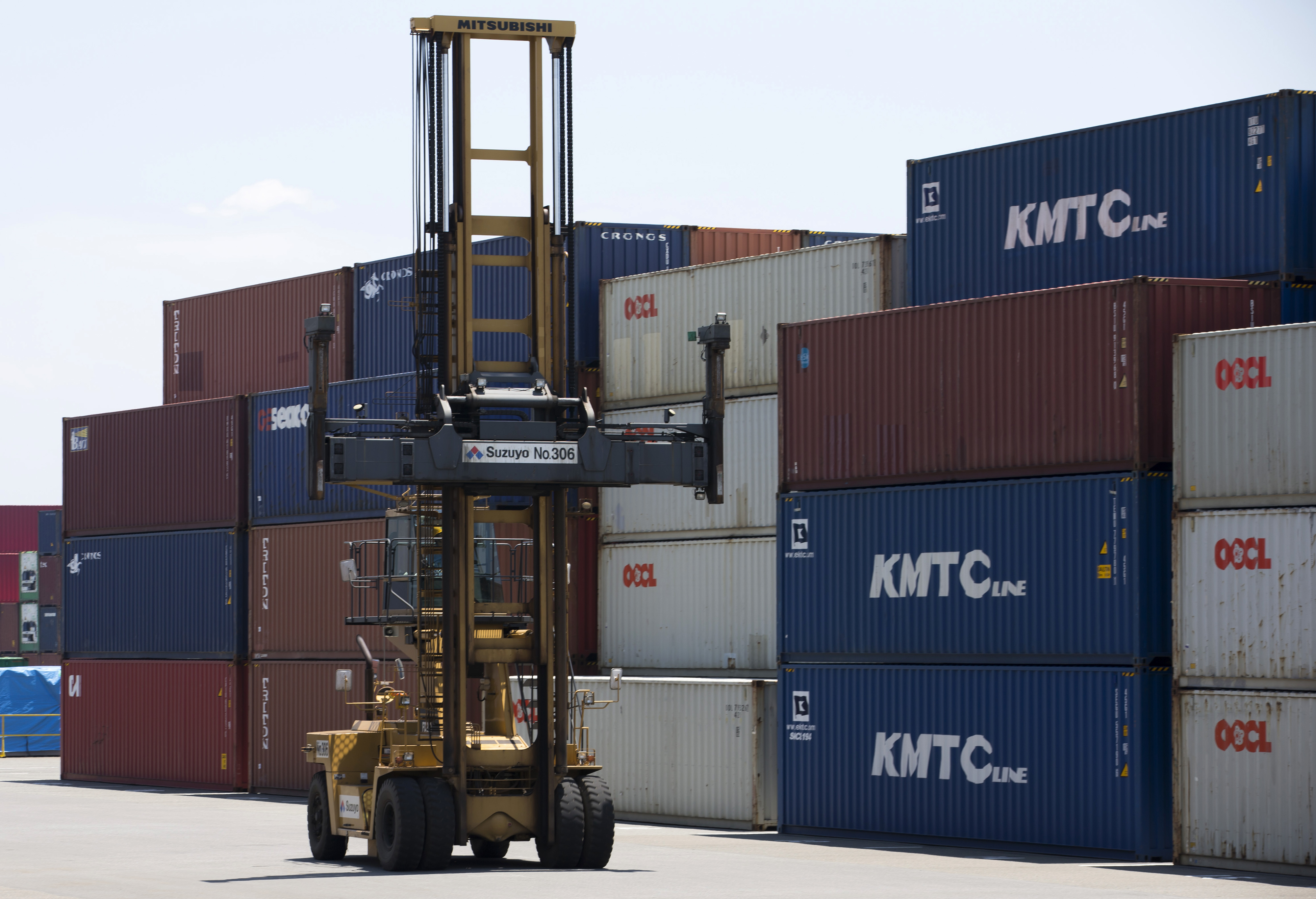Japan has posted its largest current account surplus for a half-year period since 2007 on the back of reduced imports due to lower crude oil prices and a rising number of foreign tourists, the government said Monday.
The surplus between January and June grew 31.3 percent from a year earlier to ¥10.63 trillion, the biggest since the collapse of Lehman Brothers in 2008, after crude oil imports dropped 38.2 percent in value terms, according to the Finance Ministry.
Japan has been relying heavily on energy imports since the March 2011 Fukushima nuclear disaster led most of the country's commercial reactors to remain offline amid heightened public concern about their safety.



